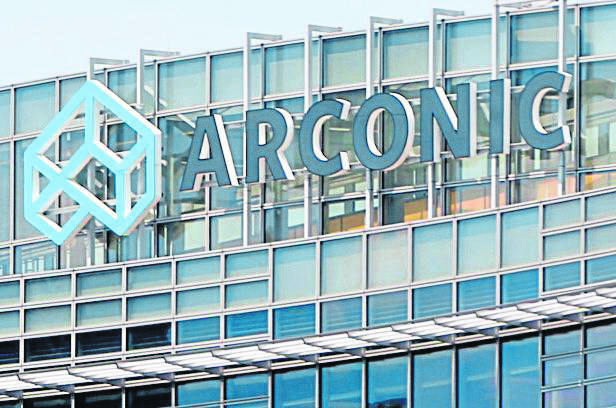School districts spend a lot of time trying to make the money match the mission.
Administrators and school boards haggle endlessly, moving the pieces in a puzzle that will provide children with the best education possible within the framework of the available finances. An amazing arts program would be fantastic, but the money is needed for reading. Advanced Placement classes would be great, but the basics are what the tests measure. Small class size is ideal, and a new computer lab would be valuable, but the core needs are always prioritized.
They have to be, because a school district’s budget is like a senior citizen’s pension. Its edges are fixed by the parameters of its tax base. It can’t expand the borders. It can’t create more land or more taxpayers.
But it can lose them — or the money they represent.
Burrell School District and Upper Burrell are set to fight a real estate assessment appeal in Westmoreland County Court. Metals manufacturer Arconic (derived from Alcoa) is seeking to lower its tax burden on a 170-acre parcel that includes land and industrial buildings.
The change would be significant, taking the property’s tax bill from $653,100 to $171,150.
It’s easy to empathize with Arconic. Who wouldn’t want to see their taxes go down close to $500,000?
The issue is that one bureaucratic switch will erase that money from Burrell School District’s budget. Where does the money come from instead? Will it mean disappearing teachers or eliminated classes? Will it come at the expense of computers or textbooks? Will students suffer or will taxpayers — because that money equals about 3 mills, if it were to be redistributed across other property owners.
This isn’t the fault of Arconic, which has contributed immensely to the Alle-Kiski Valley since Alcoa opened in New Kensington nearly 100 years ago. The problem is that Pennsylvania’s leaders have known for decades that school funding is unfair and precarious. Fixing it is hard and so it is frequently addressed with promises rather than actual work to reform it.
A closed business or a bankruptcy can send a school district into a tailspin. A property being purchased by or donated to a nonprofit can leave an unfillable hole in a budget with little time to plan for the change.
Sometimes that swings the other way, like a 2020 separation from Arconic Inc. to Arconic Technologies LLC that resulted in real estate transfer taxes giving the school district a $230,600 windfall. But that’s not the kind of payday a school board can depend upon to plan salaries or programming.
This is more than a fight that can be waged one reassessment appeal at a time. It is long past time for Pennsylvania to value both its schools and its taxpayers enough to do the hard work of changing the way education is funded.








